Secret sex tapes expose hypocrisy of country’s elites
Iran’s extremist religious rulers are in trouble. Their ideology is tearing the nation apart. Their hypocrisy has destroyed their credibility. Their solution? Sending unhappy citizens to the gallows.
The world may be focused on Israel’s invasion of Gaza and the Houthi missile attacks on Red Sea shipping, but Iran is desperately trying to conquer its own people.
Women who refuse to wear a headscarf are being violently punished.
Political activists are being hunted down and persecuted.
And prisoners – facing vague charges such as moharebeth (warring against God) and Mofsed-e-filarz (corruption on Earth) – are being executed.
Guilt is not an issue.
What matters is the message – don’t cross your holy rulers.
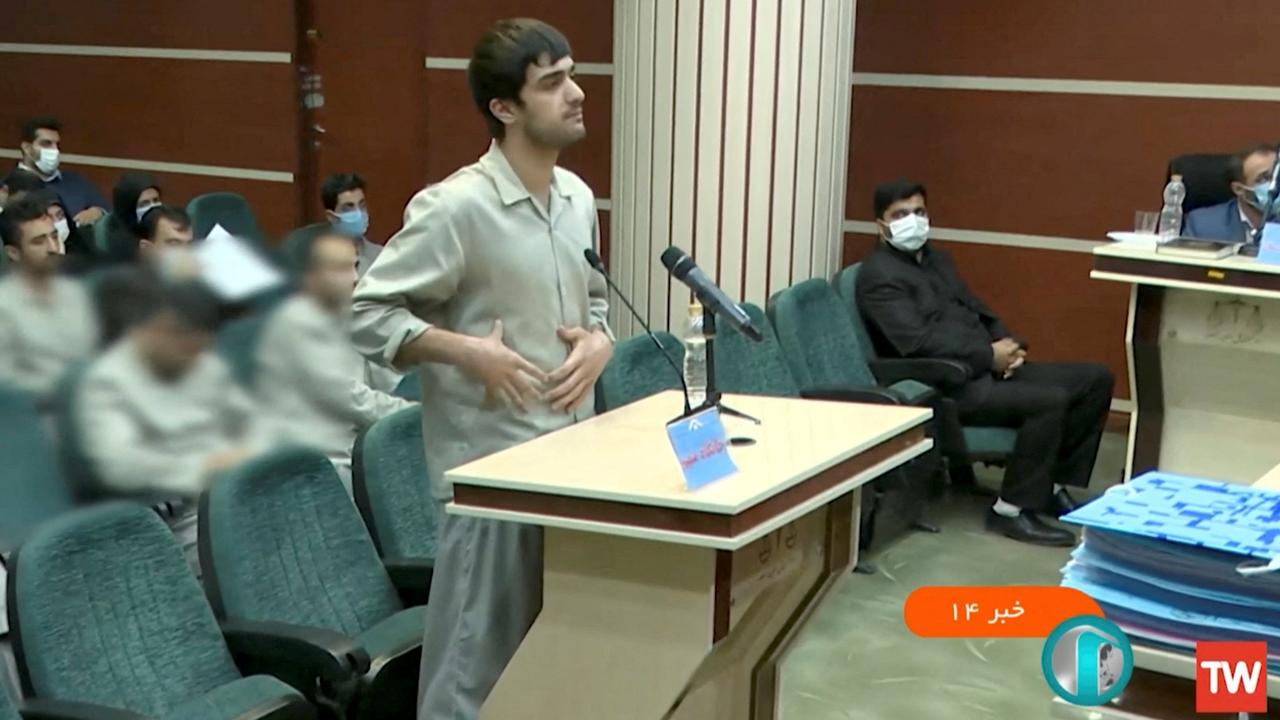
Human Rights Activists in Iran (HRANA) recorded 746 public executions in 2023. It says there were many more uncounted secret religious-judicial killings.
And the killing will continue until morale improves.
On Tuesday, a 23-year-old mental patient was hung on what his defenders insist were trumped-up charges for killing a policeman while protesting the beating-death of a young woman in 2022.
Women also regularly feature in these hangings, often conducted on the main streets of their hometowns. In November, secret recordings were used to convict two women of adultery.
But that fate is not so readily administered to husbands among the clerical classes. Iran’s clerical leadership is embroiled in a sex tape scandal.
ستار العیوبِ وابستگان چاکران !#مانا_نیستانی #neyestanimana pic.twitter.com/YC3YvWB2bP
— مادرِ نَمِونَه (@ss180265) July 29, 2023
Tehran’s control of local social media was overwhelmed last year by several compromising recordings of high-ranking officials engaged in homosexual activities.
That’s a crime punishable by death in Iran. Even if it’s not also adultery.
But those involved were ultraconservative members of the ruling clerical class.

So the hard-line Islamic regime tried to “save face” by ignoring the snowballing crisis.
And saving face, international analysts say, is what the killings are all about.
Iran’s clerical regime is facing the biggest threat to its rule in decades.
And it’s not inclined to back down on its particularly convenient interpretation – and application – of Islamic law.
Do as we say, not as we do
One sex tape allegedly involves Reza Seghati, the director general of the Office of the Ministry of Culture in Iran’s Gilan province.
Married with three daughters, his job was to apply regime censorship and ensure local events complied with Sharia Law. The hard line “champion of Islamic and family values” also led the local “Neighbourhood hijab and virtue chastity watch” campaign.
While quietly replaced, the “morality enforcer” initially escaped punishment despite several of his male associates being arrested.
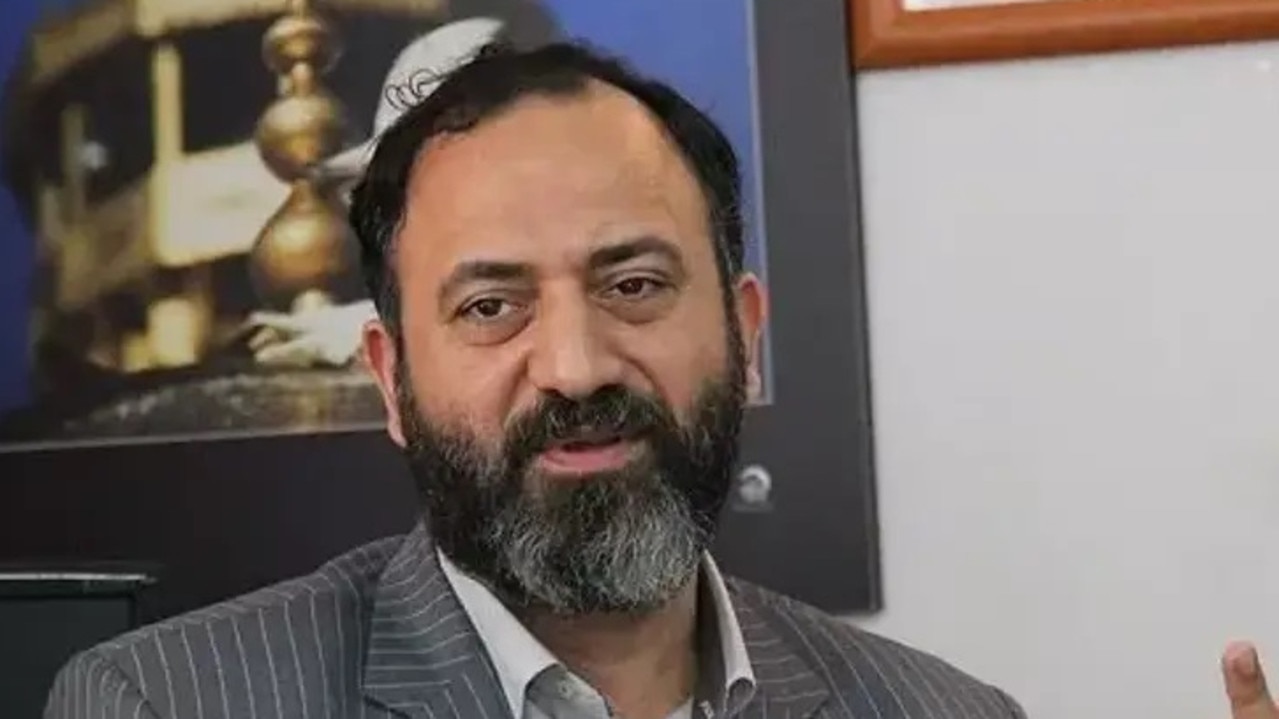
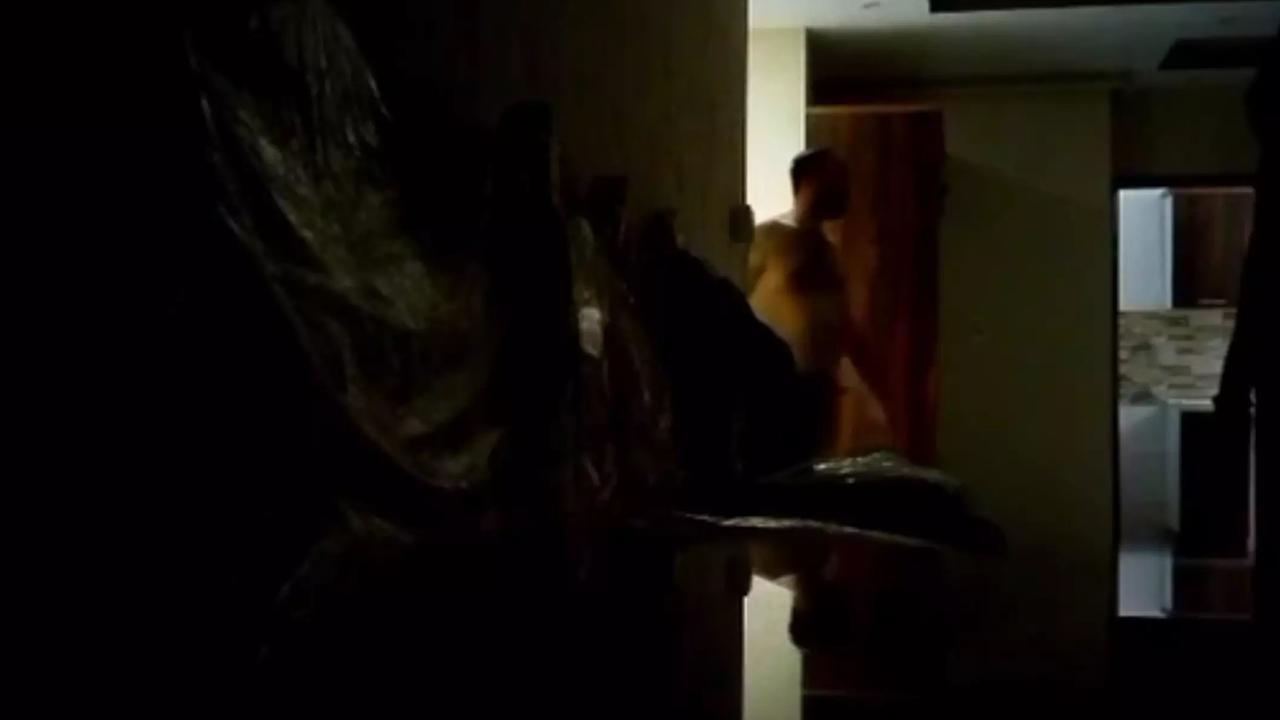
“The crime of those who released these videos is greater than the fornicators,’” insisted the Deputy Speaker of the Parliament of the Islamic Republic, Mojtaba Zolnouri.
After six months of public outcry, Iranian media in December reported Seghati had been detained.
But Mullah (mosque chief) Mahdi Haghshenas, who was in charge of the hard-line National Office for the Propagation of Virtue and the Prevention of Vice in Iran, has also been recorded in explicit acts.
This time with his brother-in-law, also a Mullah.

“Iranians are actually angry about this hypocrisy, not about the sexuality of these people,” exiled Iranian Mullah and academic Javad Akbarein told French media.
“These people claim to be virtuous and holy. They have imposed the strict rules of Sharia on people. They have imposed the hijab on women. If Iran were not a theocracy and if they were not representatives of this religious dictatorship, we would not be talking about them because it is a relationship between two consenting adults. Instead, the Islamic Republic tries to cover up or deny these leaks in order to save the face of its religious structure and its soldiers.”
Iran’s war on itself
Mental patient Mohammad Ghobadlou was among four Iranians facing the gallows this week. Clerical authorities accused him of running over a police officer during a protest in September 2022.
That protest was a response to the beating death of 22-year-old Mahsa Amini at the hands of Iran’s “moral police”. Her alleged crime was not wearing her headscarf in a proscribed manner.
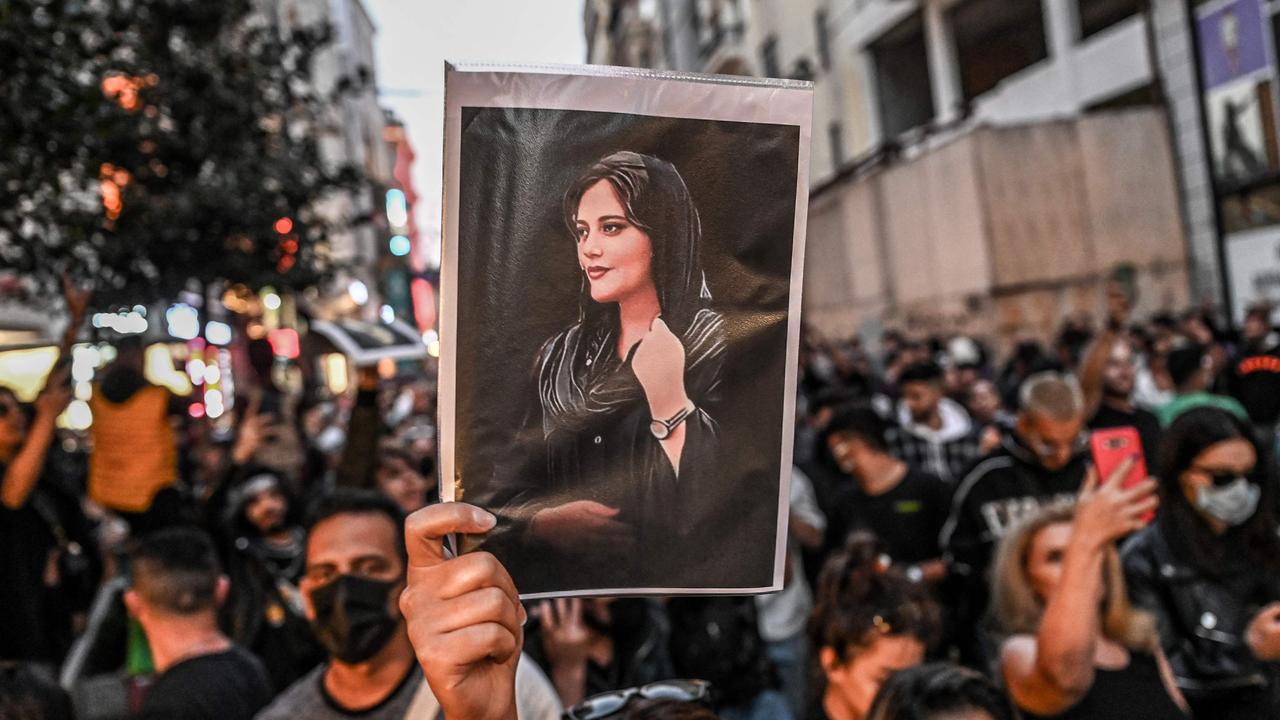
Witnesses insisted Ghobadlou did not do it. His family appealed the conviction based on his mental health and that his confession had been extracted under torture.
On Tuesday, Iran’s Sharia-law judiciary hung the 23-year-old anyway.
“The regime’s killing of Mahsa Amini sparked a series of spontaneous demonstrations that devolved into a countrywide and monthslong protest movement and fundamentally altered the relationship between the Islamic Republic and its people,” says American Enterprise Institute analyst Kitaneh Fitzpatrick.
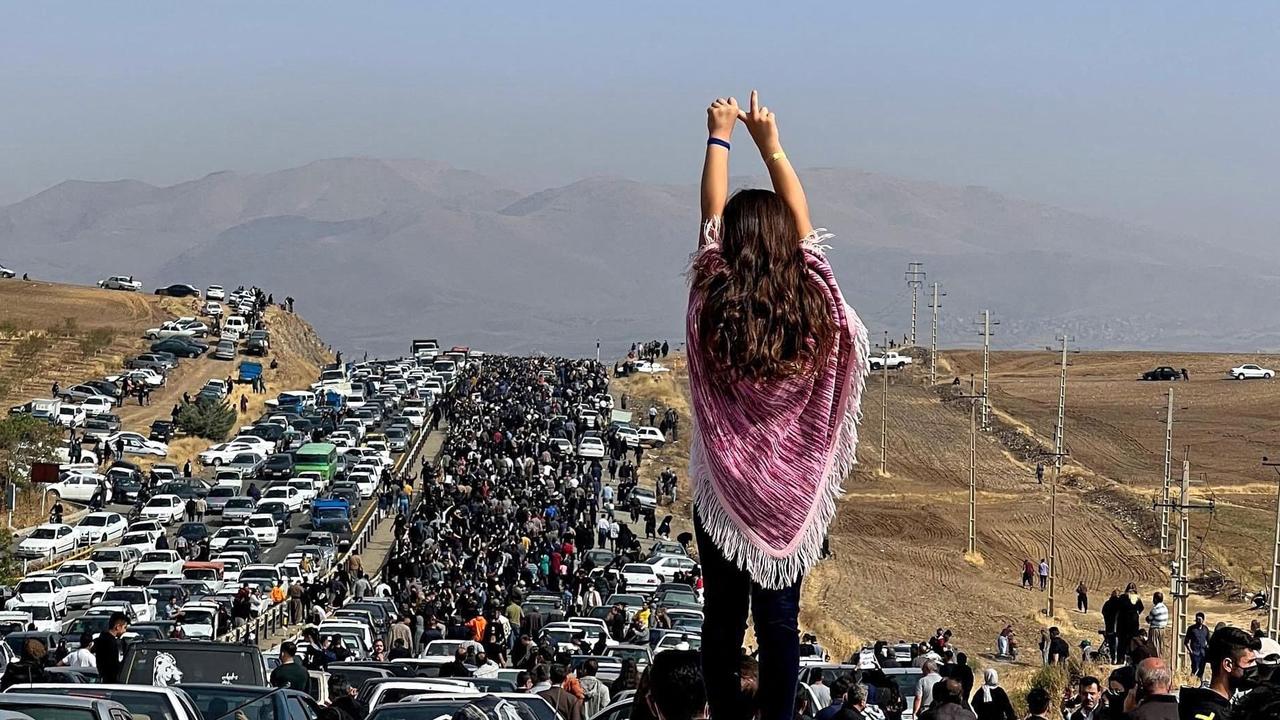
“Supreme Leader Ali Khamenei has correctly diagnosed the root of the Mahsa Amini movement as an increasingly insurmountable ideological rift between the regime and
Iran’s youth but has chosen to confront his restive people rather than accommodate them.”
Priests versus the people
After easing restrictions after the 2022 riots, Tehran changed tack last year.
In June, it ruled that any woman failing to comply with compulsory hijab requirements would be excluded from all health and education services. Fines range from $150 to $90,000. Driver’s licences will be cancelled, passports seized, and internet access revoked. And any business – including pharmacies – that serve women not wearing hijabs face immediate closure.
Education department clerics insisted this was about “creating a positive and constructive discourse among students on the issue of Islamic culture and beliefs” and “creating a correct and positive attitude and beautiful thinking about the culture of chastity and hijab among students.”
Then, in October, another killing reignited tensions.
A 16-year-old girl was brutally attacked by morality police while riding the subway to school. Her crime – not wearing her headscarf.
“Women are taboo. Women mean sin to them,” says Akbarein. “With this strong pressure on any kind of relationship with women – forbidding even the thought of women – relationships with other men are easier because there is no surveillance or pressure on male friendships …”
Jamie Seidel is a freelance writer | @JamieSeidel
Keywords
Newer articles
<p>Chinese officials say they "firmly oppose" the platform being divested.</p>
Israel Iran attack: Damage seen at air base in Isfahan
Ukraine ‘will have a chance at victory’ with new US aid, Zelenskyy says
Congress passes bill that could ban TikTok after years of false starts
Ukraine war: Kyiv uses longer-range US missiles for first time
House passes potential TikTok ban that could speed through Senate
Who will be Trump’s VP? A shortlist
How soon could US ban TikTok after Congress approved bill?
Finally, America’s Congress does right by Ukraine
‘LOSING CREDIBILITY’: Judge explodes at Trump lawyers as case heats up




